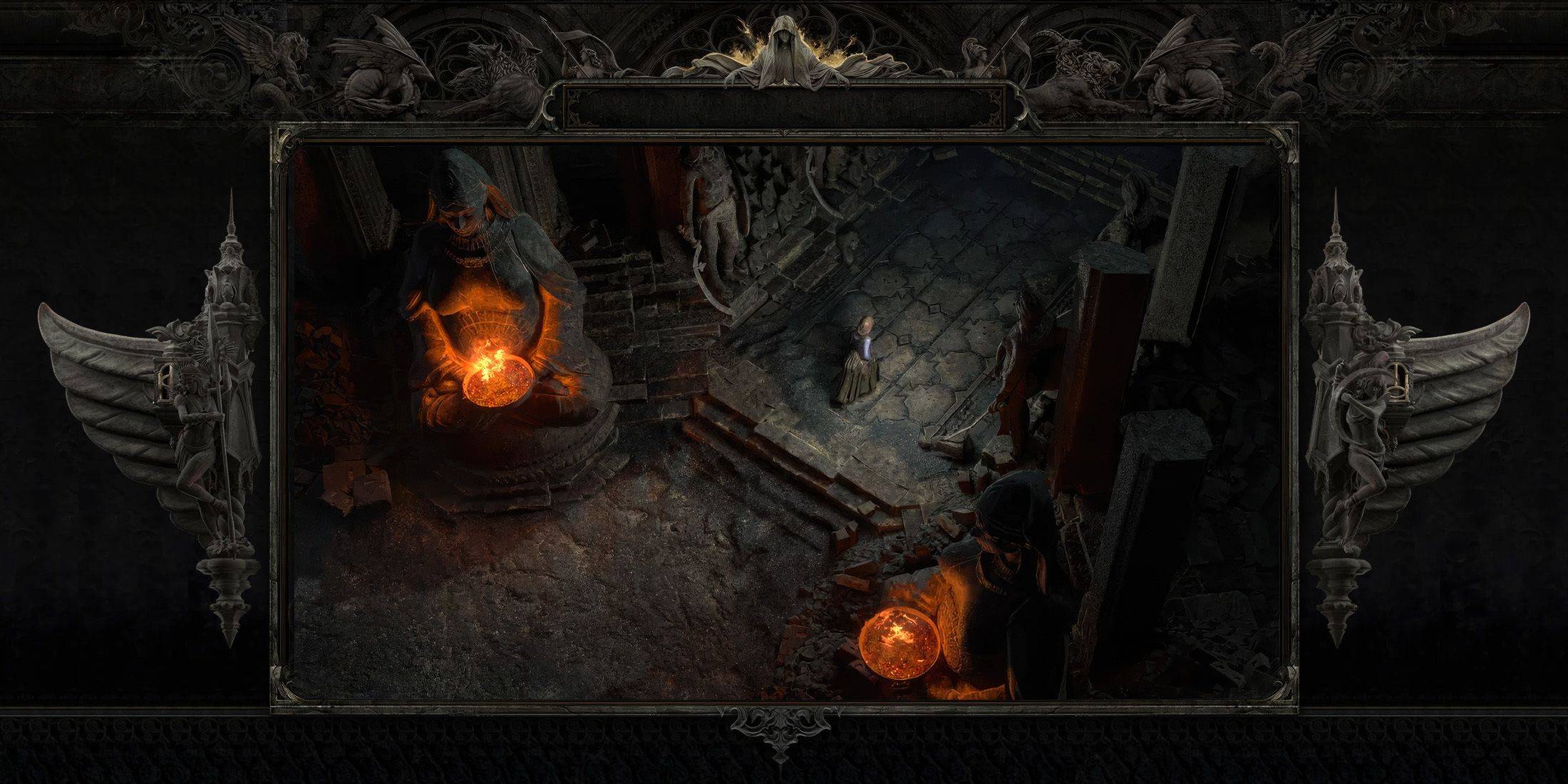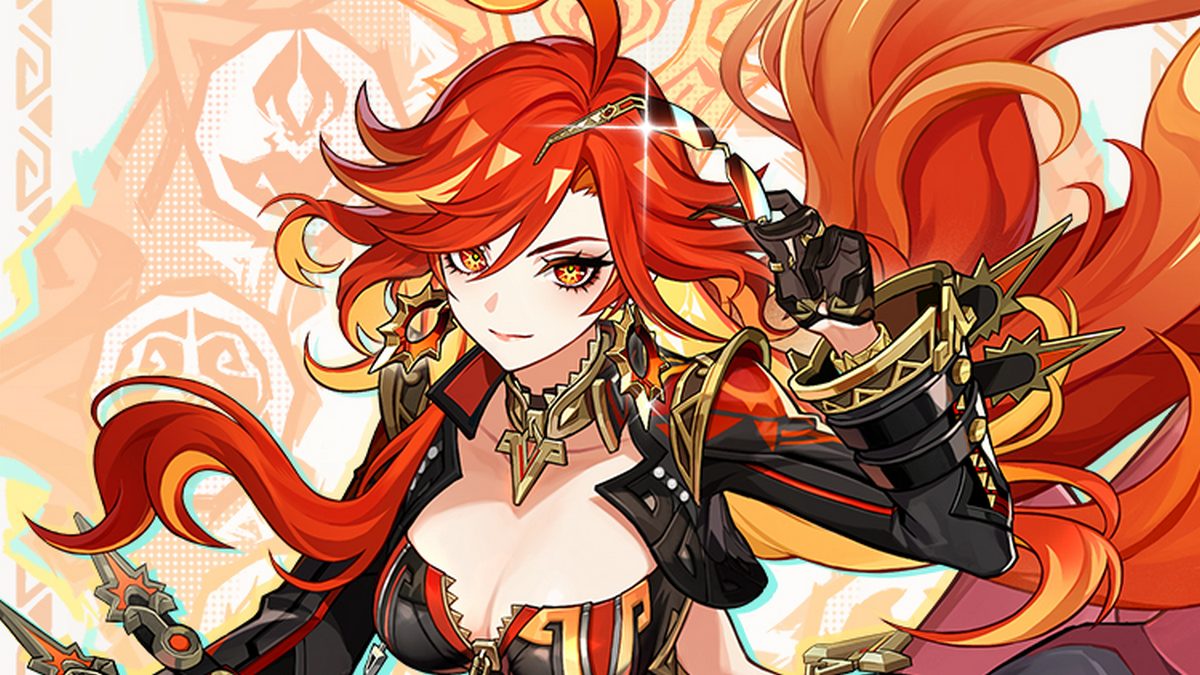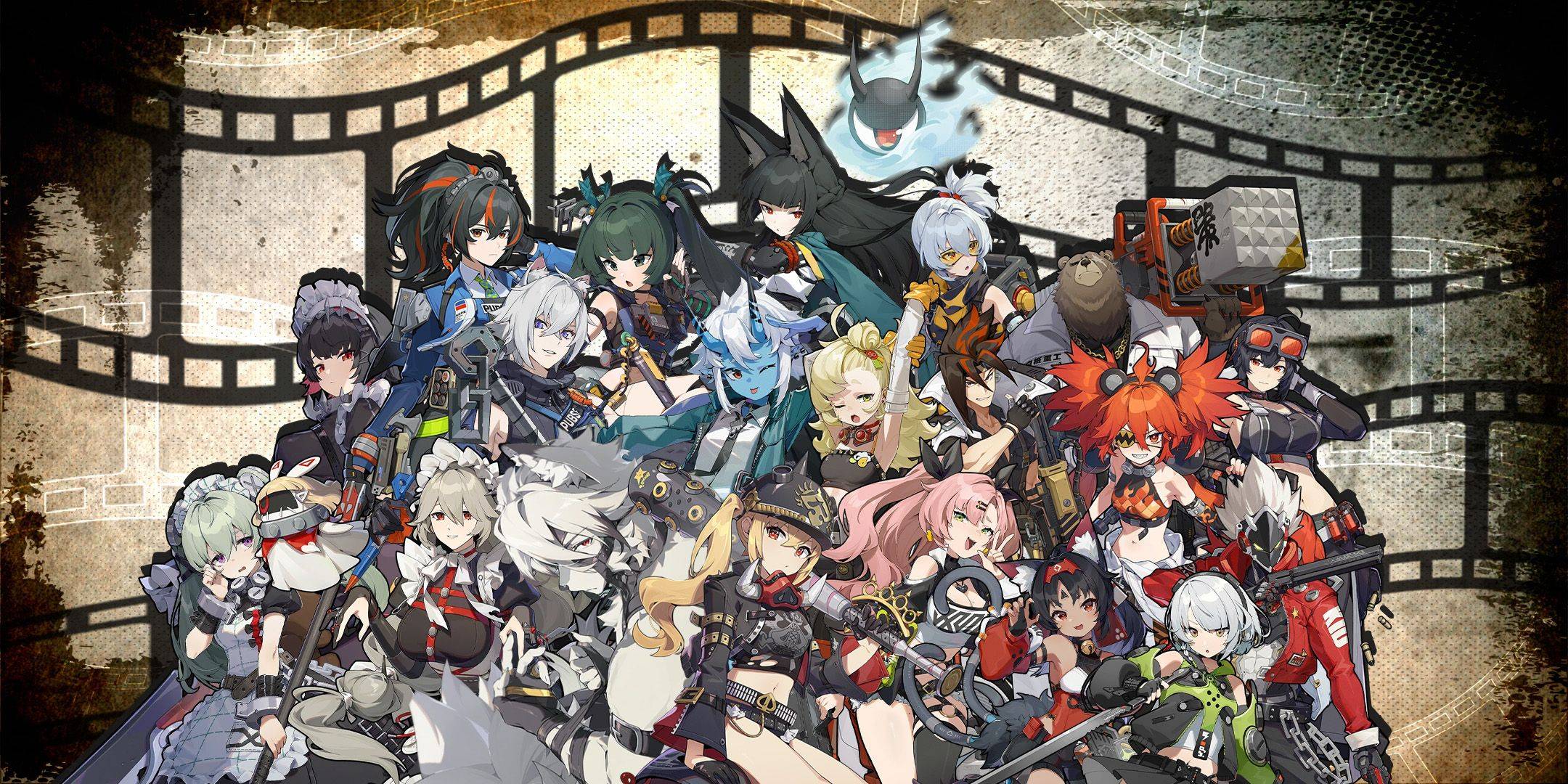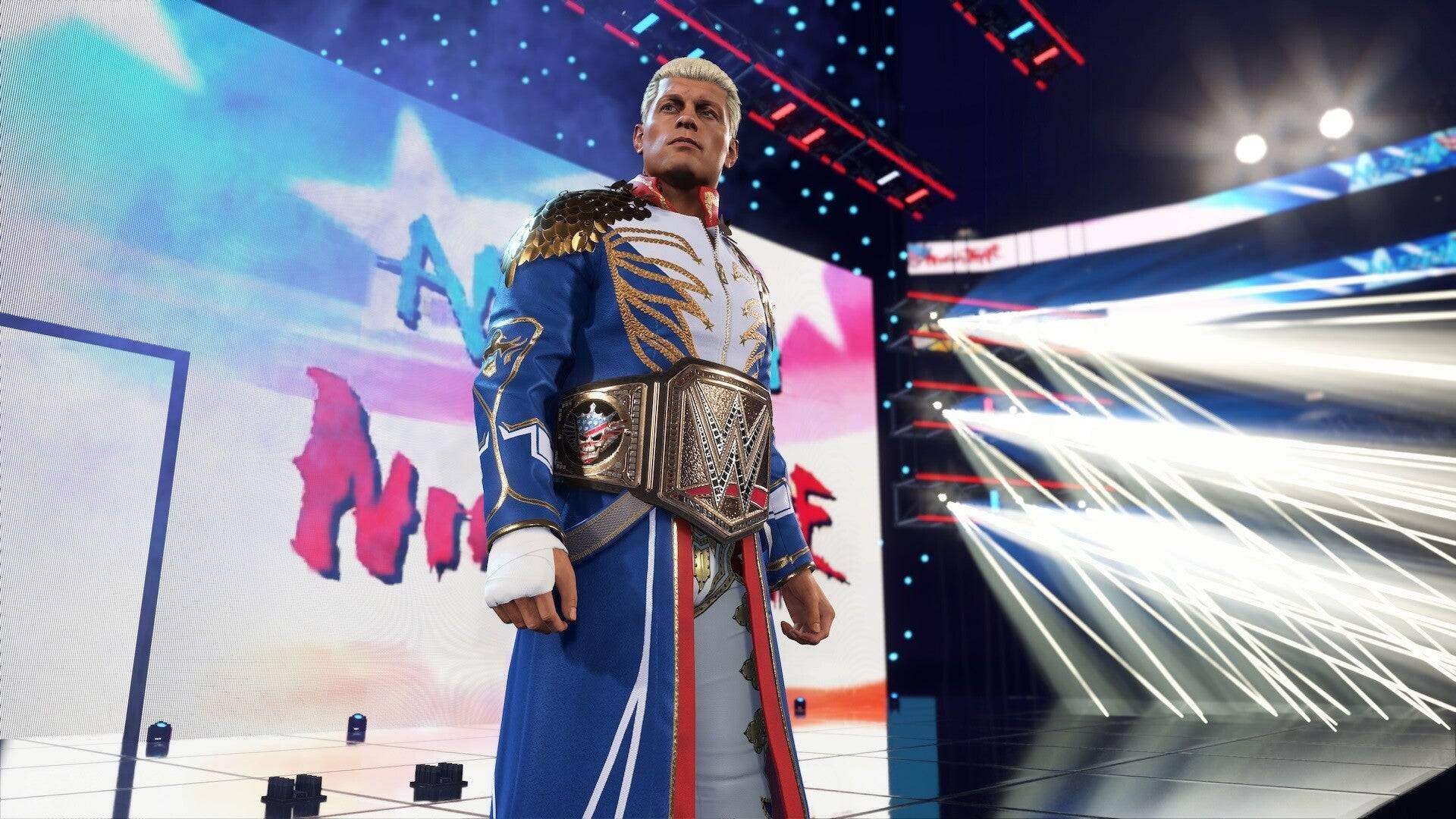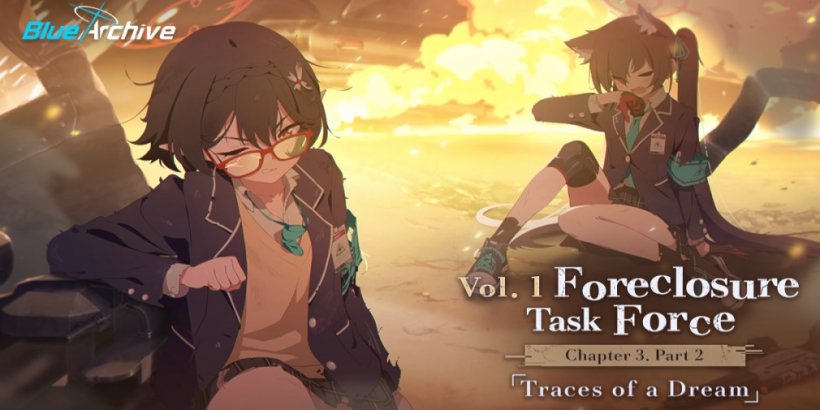
Civilization's leaders are as iconic as the civilizations they represent, and the way Firaxis selects these figures has evolved significantly over the years. Let's delve into how Civilization VII redefines leadership and what changes have occurred in the series' history.
← Return to Sid Meier's Civilization VII main article
Civ VII Redefines What it Means to Be a Leader

Leaders have always been integral to the Civilization series, forming the core of each game's identity since the original release. These iconic figures are not just representatives of their civilizations but are crucial to the gameplay experience. Over the series' lifespan, the leaders have evolved, reflecting the diversity and complexity of real-world nations. Each new installment has brought innovations, reshaping the concept of leadership and its impact on the game.
Let's take a journey through Civilization's history to understand how the leader roster has evolved, what changes each iteration brought, and how Civilization VII redefines leadership with its unique selections.
Old Civ Was a Superpowers Club Only

The original Sid Meier's Civilization set the stage with a modest lineup of 15 civilizations, focusing on global superpowers and ancient empires. Leaders were chosen based on historical prominence and recognition, resulting in familiar names like Abraham Lincoln, Tokugawa Ieyasu, Mahatma Gandhi, and Julius Caesar. The approach was straightforward, with leaders being historical heads of state. Elizabeth I was the only female leader at the time, reflecting the era's limitations but setting the foundation for future expansions.

Civs 2 Through 5 Increase Diversity and Creativity in Increments

Civilization II expanded the roster and introduced a dedicated female leader option for each civilization, broadening the definition of leadership to include influential figures beyond heads of state. Examples include Sacagawea for the Sioux and Amaterasu for Japan.
Civilization III integrated more female leaders into the base game, with figures like Joan of Arc and Catherine the Great replacing traditional male counterparts. By the time Civilization IV and V were released, the roster and the concept of leadership had expanded further, incorporating revolutionaries, generals, and consorts, and allowing for multiple leaders from the same civilization.

Civ 6 is When The Roster Starts to Get Spicy

Civilization VI marked a significant leap in diversity and creativity, with leaders portrayed as animated caricatures and the introduction of Leader Personas. These personas allowed for different playstyles and highlighted various facets of a leader's personality or rule. The game also welcomed lesser-known heroes from lesser-known civilizations, such as Lautaro of the Mapuche and Bà Triệu of Vietnam.

Leaders in Civilization VI were defined by specific chapters of their lives, a concept that paved the way for Civilization VII's approach. Leaders like Eleanor of Aquitaine and Kublai Khan could lead multiple civilizations, and multiple leader options were introduced for nations like America and China.
Civ 7 Forgoes Series Staples for Fresh Faces and Unique Leaders

Civilization VII represents the pinnacle of Firaxis' evolving leader selection philosophy. With a mix-and-match approach to civilizations and leaders, the game features the most diverse and creative roster yet. Leaders like Harriet Tubman, who embodies the spymaster role, and Niccolò Machiavelli, representing self-serving diplomacy, highlight the game's innovative approach.

José Rizal of the Philippines also joins the series, focusing on diplomacy and narrative events, showcasing the game's commitment to representing a broader spectrum of historical figures and their contributions.
After nearly three decades, Civilization has evolved from a game focused on superpowers to a rich tapestry of diverse leaders, each contributing to the story of humanity. The concept of leadership has transformed, but its importance remains constant. As we look forward to future iterations, Civilization VII stands as a testament to the series' ongoing evolution.
← Return to Sid Meier's Civilization VII main article
Sid Meier's Civilization VII Similar Games


 Latest Downloads
Latest Downloads
 Downlaod
Downlaod

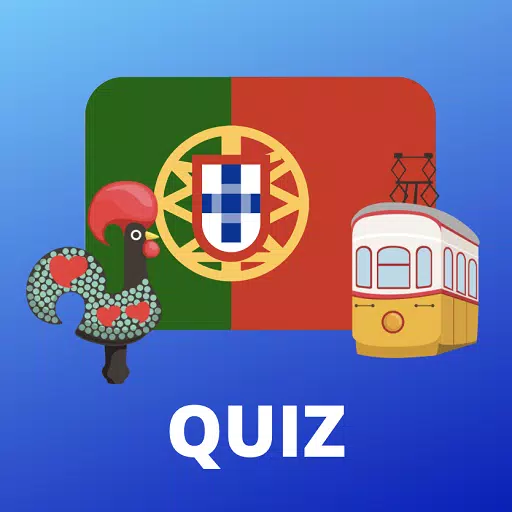


 Top News
Top News